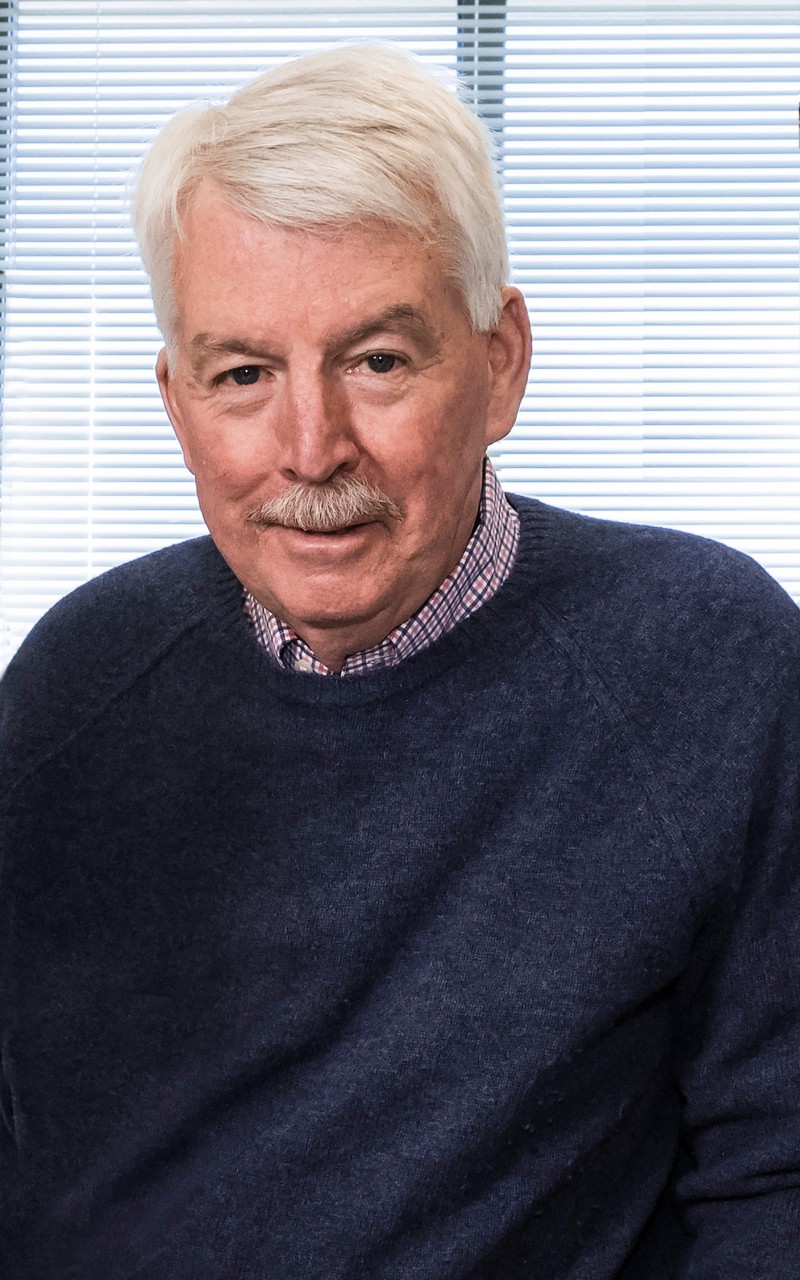Boston College’s new program in Global Public Health and the Common Good, the first academic initiative of the University’s Schiller Institute for Integrated Science and Society, will launch its new undergraduate minor this fall, with an anticipated major in 2021 and an ambitious research agenda during the next five years, according to program director Professor of Biology Philip J. Landrigan, M.D.
A 1963 alumnus and a respected authority on public and children’s health who joined the BC faculty last summer, Landrigan has developed a five-year vision for the program focused on education, service, and research to support the next generation of public health leaders.

Philip Landrigan
“The program in Global Public Health and the Common Good at Boston College will align closely with BC’s educational and spiritual missions because public health is deeply rooted in a philosophy of social justice and ethics, strives to eradicate inequities in health, and embodies a preferential option for the poor,” says Landrigan, a pediatrician and epidemiologist.
The Schiller Institute will serve as the cornerstone of a new, $160-million integrated science teaching and research facility slated to break ground on campus later this year and open in 2021.
Last fall, Landrigan launched the Global Observatory on Public Health to study efforts to control pollution and prevent pollution-related diseases that account for an estimated nine million deaths worldwide each year. He and Vice Provost for Research and Academic Planning and DeLuca Professor Thomas Chiles also signed a memorandum of understanding with United Nations Environment, establishing the observatory’s first partnership in advance of a study of pollution in India.
Landrigan says the newly established Global Public Health program will complement its predecessor, the highly regarded three-course sequence in public health that faculty in the School of Social Work, the Connell School of Nursing, and the Lynch School of Education and Human Development established during the past four years. Global Public Health is also designed to align with BC’s renowned programs in medical humanities and pre-health.
Already, the Global Observatory has established a research collaboration with the Center for Climate, Health, and the Global Environment at the Harvard T.H. Chan School of Public Health. Landrigan says he expects to build additional connections with research and medical institutions in Boston.
“A source of great strength for the program in Global Public Health is BC’s proximity to Boston, the city with the world’s greatest concentration of biomedical and public health research,” says Landrigan. “Partnerships with our sister institutions in the Boston area offer the program unparalleled opportunities for collaboration in research and education.”
“The program in Global Public Health and the Common Good at Boston College will align closely with BC’s educational and spiritual missions because public health is deeply rooted in a philosophy of social justice and ethics, strives to eradicate inequities in health, and embodies a preferential option for the poor.”
In addition to the study in India, BC undergraduate, and graduate students, faculty, and staff will undertake a range of research projects during the next five years on topics slated to include:
•Global pollution and the health of children
•Loss of cognitive function caused by early-life exposure to fine particulate air pollution
•Impact of pollution on cardiovascular disease and death
•Impact of particulate air pollution on risks of diabetes and of chronic kidney disease
•Role of mercury in the total global burden of disease
The program will oversee international and domestic service missions that give students the opportunity to encounter “first-hand the social, political, economic, and environmental factors that powerfully shape health and disease” in an economically diverse mix of countries, according to Landrigan’s vision. The program’s first mission, teamed with colleagues from Mission and Ministry, took 12 undergraduate students to Honduras last summer.
Chiles says the Global Public Health and the Common Good program draws on the strengths of current faculty and staff and sets the stage for the University’s expansion of teaching, research, and service in the field. “Phil’s vision for this new program charts an ambitious course for the University, our faculty, and students. Our Global Public Health and the Common Good program aligns with our strengths in research and teaching, our Jesuit, Catholic mission, and the many critical issues the world faces when it comes to the health of the planet and the people who share it.”
Landrigan says establishing the academic programs and initiatives in service and research will leave students thoroughly prepared to work in the global public health field.
“The intellectual foundation of public health lies in the rigorous study of patterns and causes of disease in populations, using the tools of epidemiology and biostatistics,” says Landrigan, who spent many years with the Centers for Disease Control early in his career. “Mastery of the core skills requires therefore that students pursue a structured curriculum that covers these basics and then gives them opportunity to apply their newly acquired skills to study a diverse array of health problems ranging from the spread of measles among schoolchildren, to global variations in patterns of cancer, to environmental causes of rising rates of cardiovascular disease.”
Ed Hayward | University Communications



